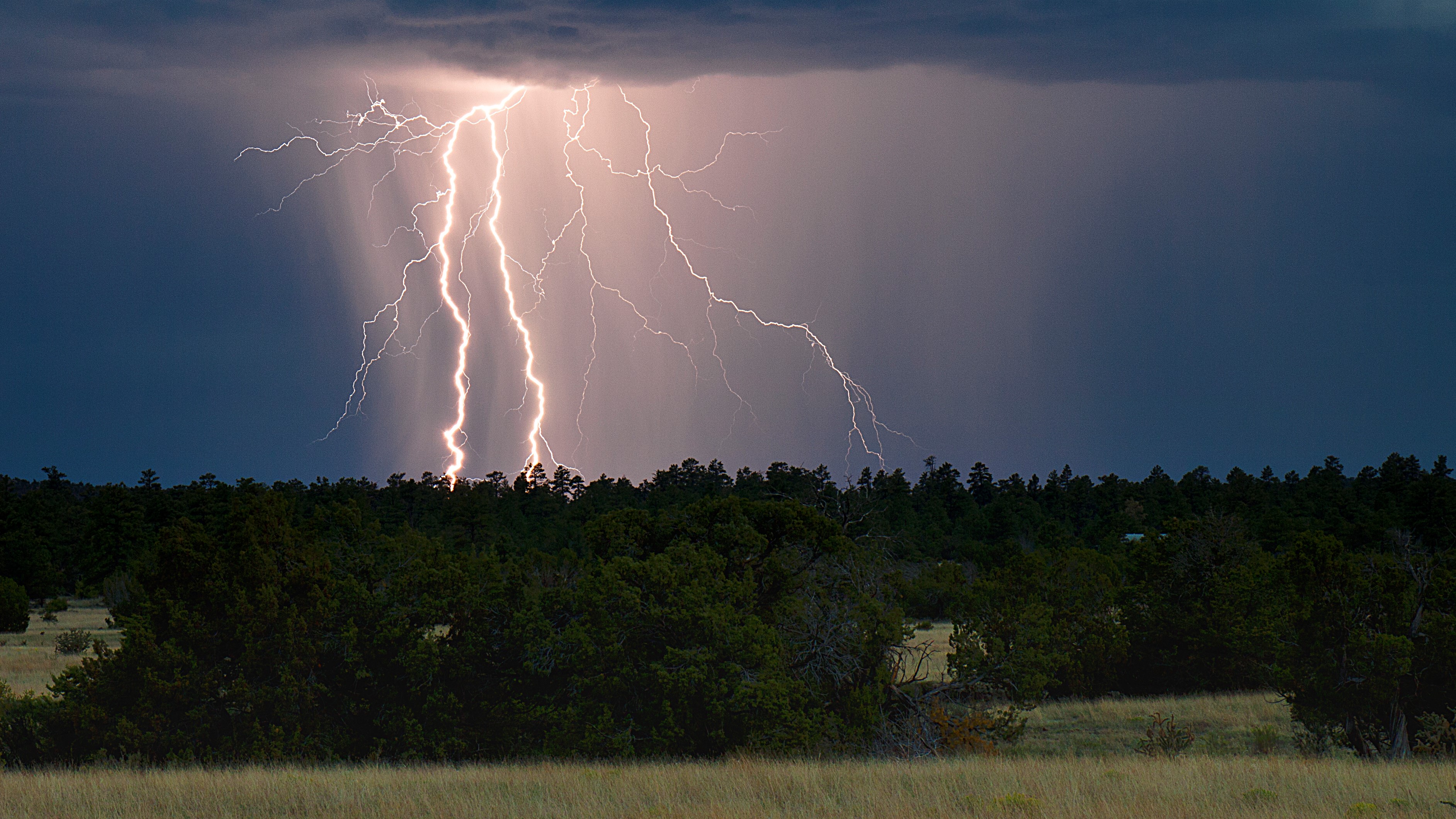Camper killed after lightning strikes tent outside Yellowstone National Park
Student Jack Murphy was camping in the backcountry as part of an outdoor skills school program

A camper was killed just outside Yellowstone National Park earlier this week when lightning struck his tent.
As Jackson Hole News & Guide reports, 22-year-old student Jack Murphy was visiting from Boston for an outdoor education course organized by NOLS (National Outdoor Leadership School). He was part of a group of 14 camping near Enos Lake in the Bridger-Teton National Forest when storms rolled in.
Murphy suffered a cardiac arrest after the lightning strike, and although members of the group performed CPR, with search and rescue workers taking over when they arrived, they were unsuccessful. Another student was injured by the strike and taken to a nearby hospital by helicopter, but has now been released.
"This is a very sad day for NOLS, our students and our families," said Terri Watson, president of NOLS, in a statement. "We extend our deepest condolences to the family of our student who passed away on this course and are focused on supporting their family through this difficult process."
Lightning safety
Before heading out on a camping trip, it's important to not only check the current weather forecast, but also familiarize yourself with local weather patterns. If storms look likely, don't go.
If conditions look safe and you want to go ahead, the National Weather Service (NWS) recommends setting up camp in a low-lying area like a ravine, and avoiding open fields, hilltops, or ridges. If you are in a forest, stay in a lower stand of trees.
If you hear an unexpected storm rolling in, the NWS advises getting into your vehicle as soon as possible. Unlike a building, a tent offers no protection from lightning. Wait until at least 30 minutes after the last rumble of thunder before heading back outside.
Advnture Newsletter
All the latest inspiration, tips and guides to help you plan your next Advnture!
The service warns that staying outside during a storm is never safe, but if you can't reach a vehicle or a permanent building with pipes and wiring, you should stay away from water or wet items such as guy ropes, and metal objects such as fence poles. It's also wise for groups of people to spread out, as electricity can easily jump from one person to the next.

Cat is Homes Editor at TechRadar and former editor of Advnture. She's been a journalist for 15 years, and cut her teeth on magazines before moving online. She helps readers choose the right tech for their home, get the best deals, and do more with their new devices.
